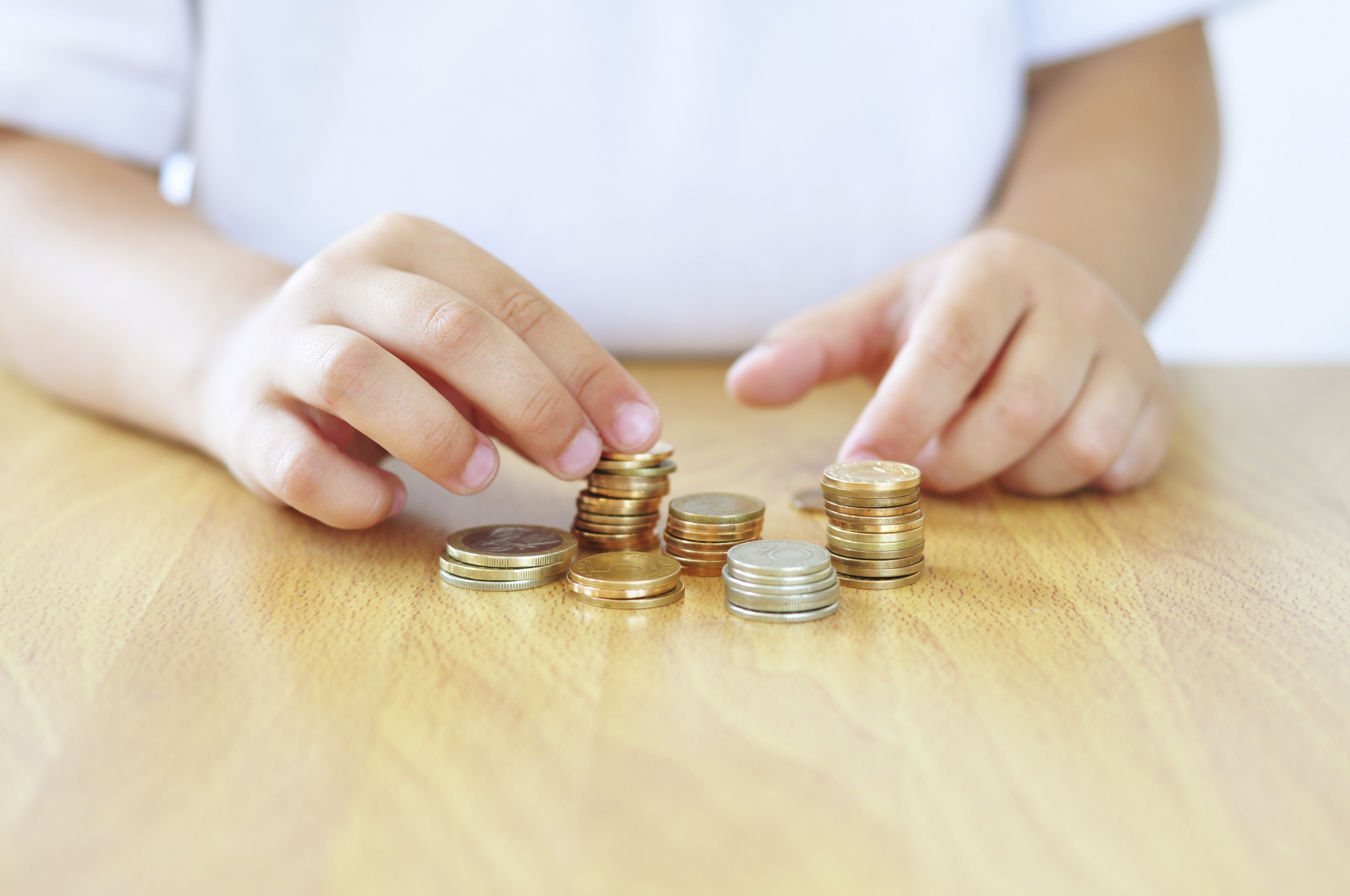
A survey of young people aged between five and 18 for VoucherCodes.co.uk found that 10% often worry about their family having enough money – while one in three (33%) children say they worry about their family’s finances sometimes.
When it comes to discussing the family’s financial situation, nearly one third (29%) of children say their parents talk to them about their pocket money and how the family should spend money – but a further 14% claim their parents never talk to them about how the family spends money.
The survey of more than 1,000 children across the UK also found that on average, young people anticipate they will be able to buy their own home at the age of 27.
This is younger than the typical age of people getting on to the property ladder, according to the recent English Housing Survey, which said the typical first-time buyer is now 33 years old.
On average, young people aged between 11 and 18 believe adults need to earn £43,000 a year to be financially comfortable, VoucherCodes.co.uk found.
Going on holiday tops the list of indicators of family financial success for children, with 39% of young people stating going away at least once a year is a sign of their family having enough money.
Getting pocket money each week is the key indicator of financial comfort for a third (36%) of children, while 30% feel that having lots of toys is a sign that their family is financially comfortable. Some 37% of children opted for going to restaurants with their family as an indicator of financial success.
Other indicators of family wealth included having the newest games console or gadget, voted for by 26% of children, and living in a big house and not having any debt, with 25% of children voting for these two options.
Claire Davenport, general manager at VoucherCodes.co.uk, said: “Teaching kids the basics of family finances early on can prove really beneficial in helping them get to grips with money and understanding the importance of budgeting.”
Here are the top six signs of family financial success as voted for by children, according to VoucherCodes.co.uk, with the percentages of children who voted for them:
1. Going on holiday at least once year, 39%
=2. Going on holiday abroad, 38%
=2. Having a car, 38%
3. Going to restaurants with my family, 37%
4. Getting pocket money each week, 36%
5. Having lots of toys, 30%
READ MORE
How much does marriage cost? New research reveals the financial cost of a happy relationship

Enjoy the convenience of having The Sunday Post delivered as a digital ePaper straight to your smartphone, tablet or computer.
Subscribe for only £5.49 a month and enjoy all the benefits of the printed paper as a digital replica.
Subscribe